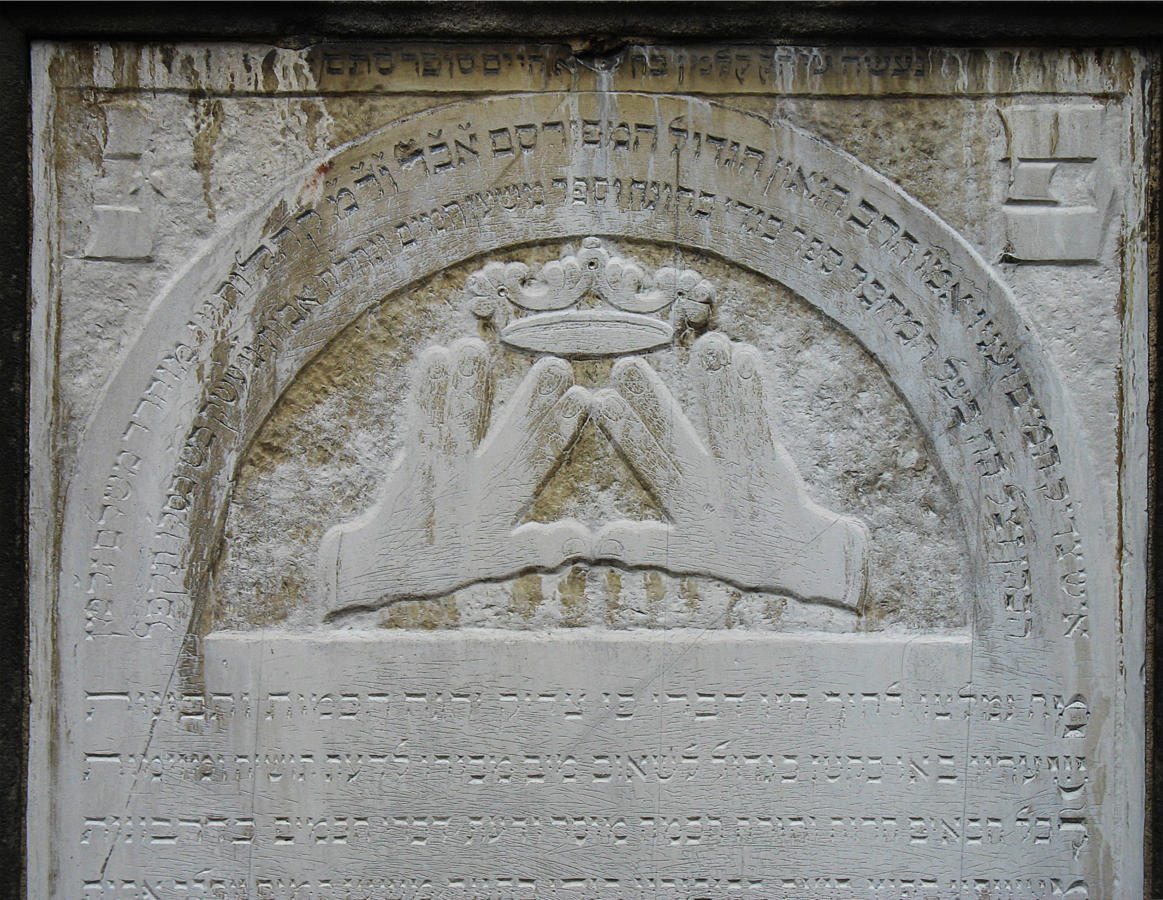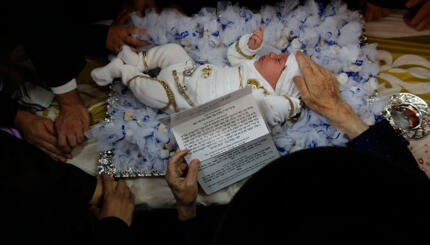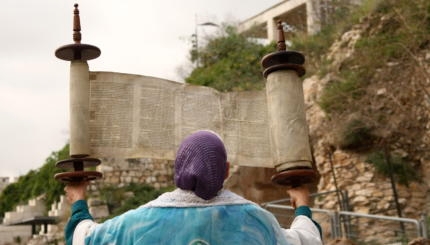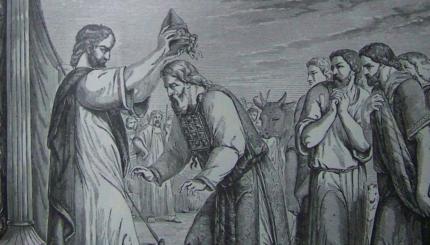Question: I know that in ancient times being a kohen, a member of a priestly family, was a big deal, but what does it mean today? Other than getting the first
when we read Torah, what’s so special about being a
?
–Meir, Columbus
Answer: There are actually a handful of things that we still do today that single out kohanim, members of the priestly family.
You’re right, we do give kohanim the first aliyah every time we read Torah. In synagogue, kohanim also reenact the giving of the priestly blessing. In Israel and in some communities this is done every day during morning services, and during the musaf (additional) service. Outside of Israel it is only done on holidays. The priestly blessing is only done in Orthodox and some Conservative synagogues.
Another time we recognize kohanim is at a Pidyon HaBen ceremony. In the Bible God commands the Israelites that once they arrive in the land of Canaan, they must “redeem every first-born male among your children” (Exodus 13:13). A child is redeemed at the age of 31 days when his parents pay the modern equivalent of five shekels–via coins or, in some traditions, objects of value–to a kohen.

Help us keep Jewish knowledge accessible to millions of people around the world.
Your donation to My Jewish Learning fuels endless journeys of Jewish discovery. With your help, My Jewish Learning can continue to provide nonstop opportunities for learning, connection and growth.
According to Jewish law, kohanim also are restricted from marrying a woman who has converted to Judaism, or a woman who has been divorced. Different communities have different levels of adherence to this law. It is still practiced by Orthodox communities, and some Conservative communities, but exceptions are sometimes made by rabbinic authorities.
Many kohanim today also avoid being within four cubits of corpses, because according to Jewish law corpses transmit ritual impurity. This means that a kohen might not enter a cemetery, or attend a funeral unless it is for a close relative (mother/father, sister/brother, son/daughter, spouse). Some kohanim are especially careful about this rule, and may even avoid entering into a museum that has mummies in it.
As you can see, there are still a handful of functions reserved for kohanim among observant Jews. None of these restrictions or obligations are present in Reform communities, which generally do not recognize Jewish tribal affiliations at all.



